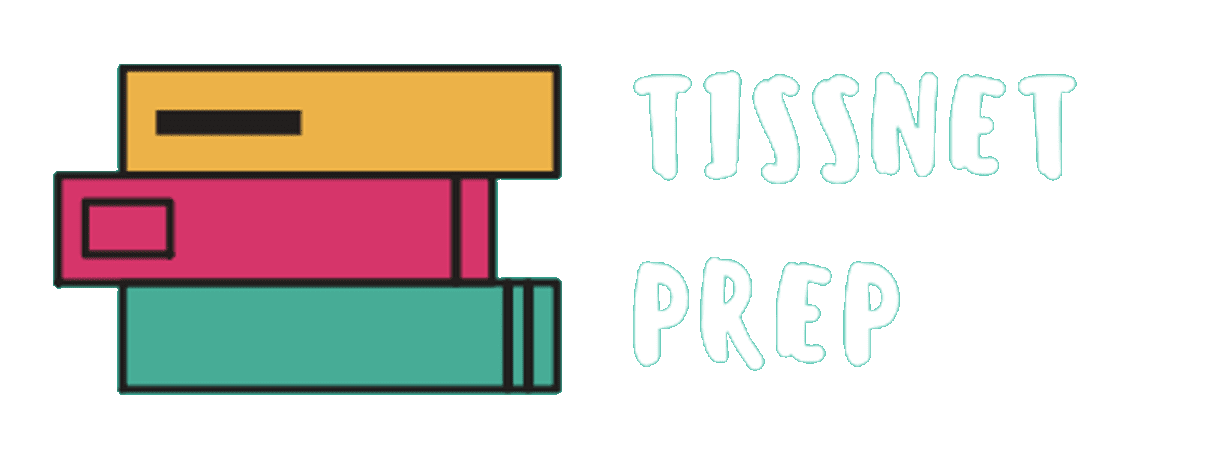Note: This topic is important for TISSNET. The Ministry of Social Justice and Empowerment has opened 14 cross disability early intervention centres across the country to help newborns and young children who are at risk of developingdisabilities or who already have them. Disabilities Disabilities is a broad phrase that encompasses impairments, activity constraints, and participation limitations. A defect with body function or structure is referred to as an impairment. An activity limitation is a difficulty that a person has performing a task or action. A participation constraint is a problem that an individual faces when participating in life circumstances. The United Nations Convention on the Rights of Individuals with Disabilities establishes a broad definition of persons with disabilities and states that all people with disabilities, regardless of their type, are entitled to all human rights and fundamental freedoms. The Convention has been ratified by India, which has adopted the ‘Rights of Persons with Disabilities Act, 2016’. About: Screening of children and referral to appropriate rehabilitative care will be provided at the centres, as well as speech therapy, occupational therapy, and physiotherapy, as well as parental counselling and training and peer counselling. These centres will also focus on preparing students for school. Need: Scenario from 2011 Census: In the age bracket of 0-6 years, there are more than 20 lakh children with impairments, including those who are visually impaired, hearing impaired, or have locomotor disabilities. This suggests that approximately 7% of children in this age group are disabled in some way. Expected Rise in Number: As a result of the Rights of Persons with Disabilities Act 2016, which increased the number of disabilities from seven to twenty-one, the number of such children is likely to rise. 0-6 Years is a Critical Phase: The most crucial period of brain development is early childhood (0-6 years). Early intervention can help newborns and young children who are at risk of developing a disability or developmental delay, as well as their families, by providing specialised support and services to aid their development, well-being, and involvement in family and community life. By generating a better future and less reliant life, this can lead to a lower economic burden. Other Initiatives for Disabled: Right of Persons with Disabilities Act 2016: In addition to increasing the number of persons with impairments, it raises the percentage of people with disabilitie s who
